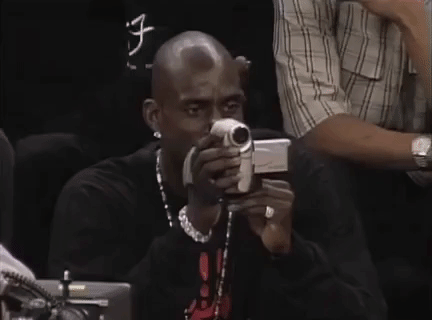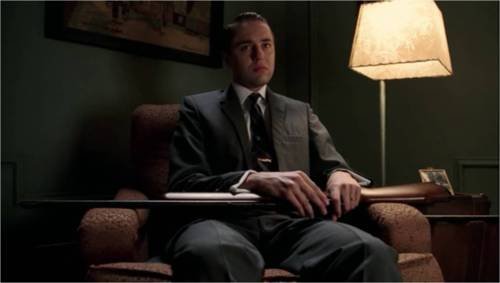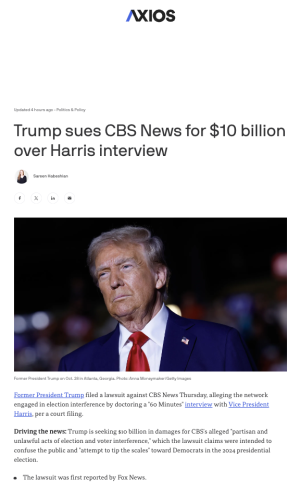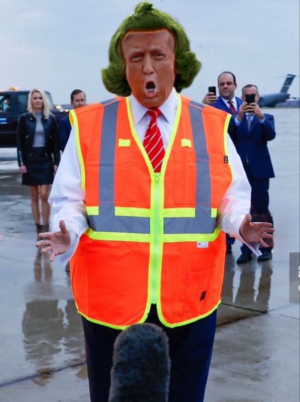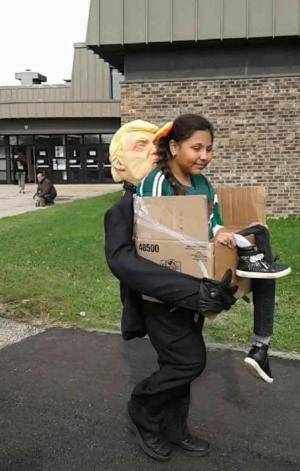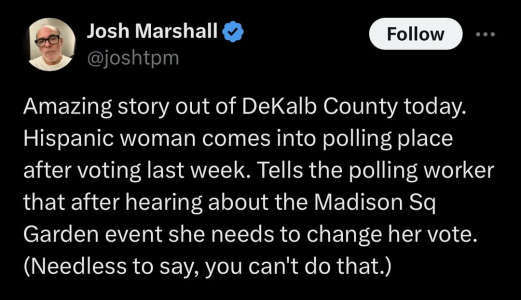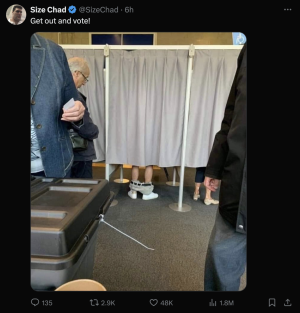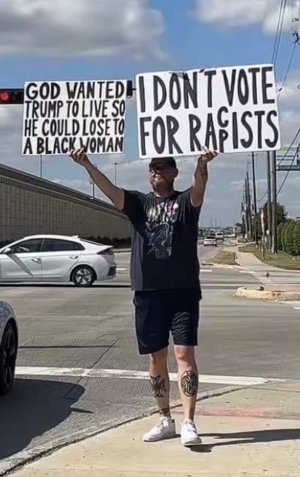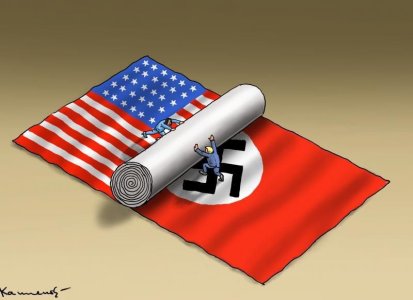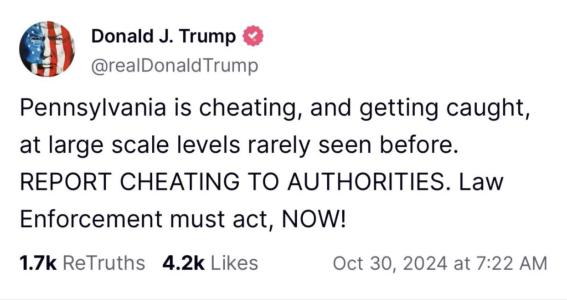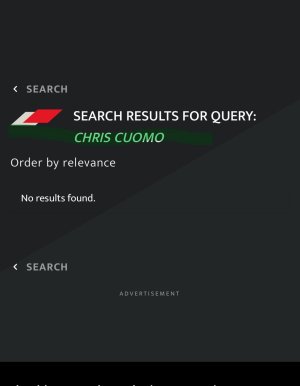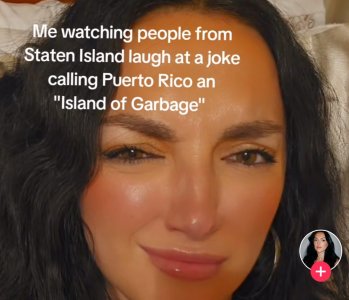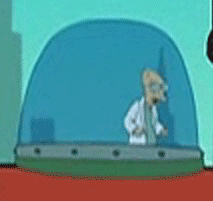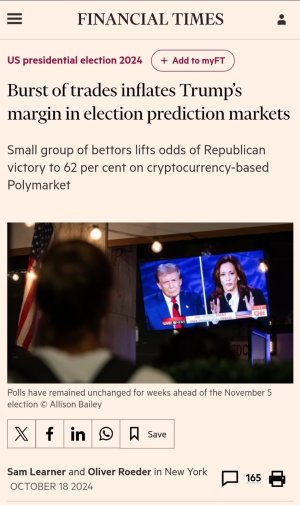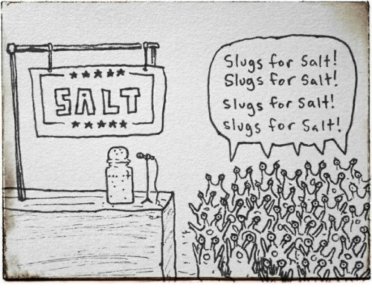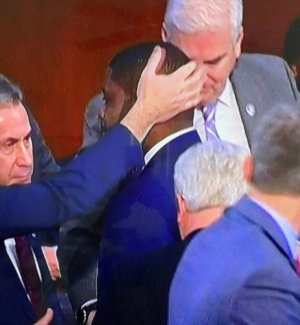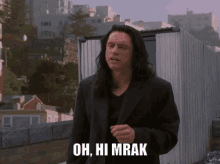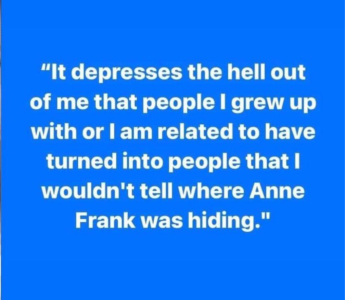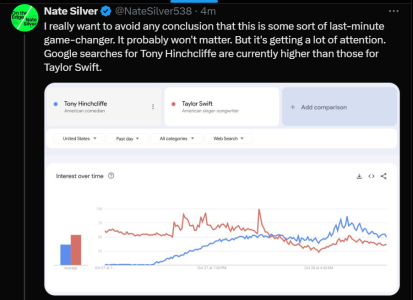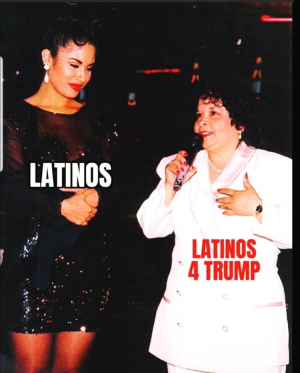THERESA MAY TO LAUNCH WIDE-RANGING INTERNET REGULATION AND SECURITY CHANGES DESPITE NOT WINNING MAJORITY
(Click link for video)
Theresa May looks set to launch
wide-ranging internet regulation and plans to fundamentally change how technology works despite not having won a majority.
In the speech in which she committed to keep governing despite calls to stand down, the prime minister made reference to extending powers for the security services. Those powers – which include regulation of the internet and forcing internet companies to let spies read everyone's private communications – were a
key part of the Conservative campaign, which failed to score a majority in the House of Commons.
In the speech,
given in Downing Street after losing her majority but still looking to form a government, she laid out a series of plans that she hopes to carry out at what she called a "critical time for our country".
One of those will be "cracking down on the ideology of Islamist extremism and all those who support it," she said in the short speech. And she will also "give the police and the authorities the powers they need to keep our country safe".
That statement – one of few policy proposals in the speech – seems to be a reference to new powers to
regulate what is said and read on the internet, as set out in the Conservative manifesto.
Theresa May had already promised in the final days of the campaign to launch a worldwide plan to get "international agreements" to "regulate cyberspace". Her
manifesto had laid out wide-ranging plans to regulate the internet, which included a commitment to become the "global leader in the regulation of the use of personal data and the internet".
During the election campaign, the prime minister refused to rule out
Chinese-style internet censorship as part of that regulation plan,
suggesting that she might look to shut down or ban companies that didn't comply with her controversial proposals.
Almost all of Ms May's plans for stopping terror have focused on internet communications, despite there being no proof that they are responsible for recent attacks. She said
after the London Bridge attack that she planned four ways to stop terror, which included
internet regulation alongside countering propaganda and segregation.
Experts have warned that
those plans for internet regulation could in fact make life easier for terrorists.


